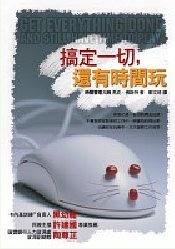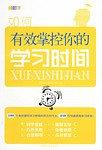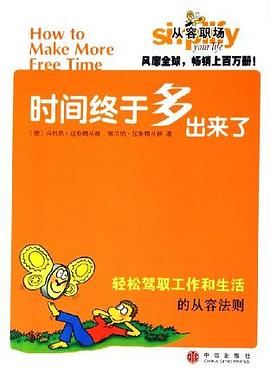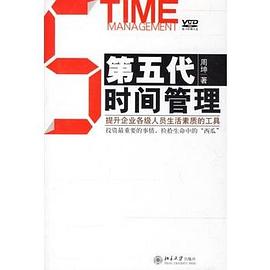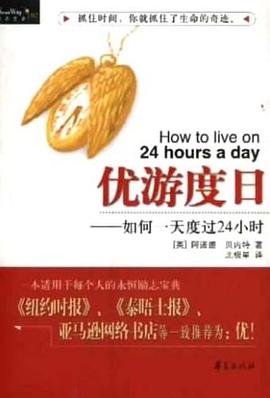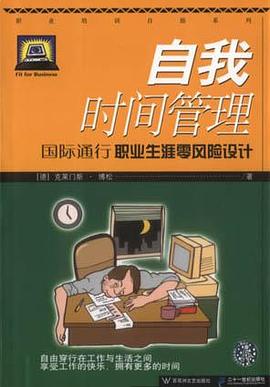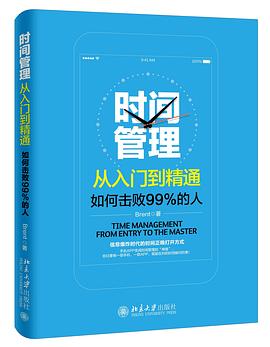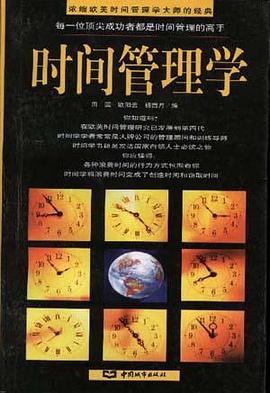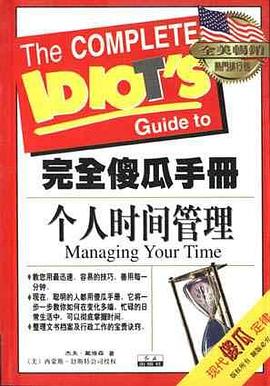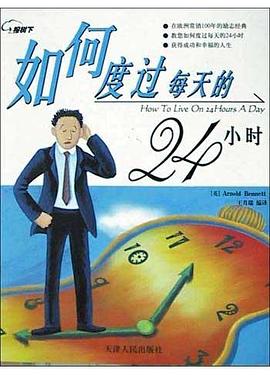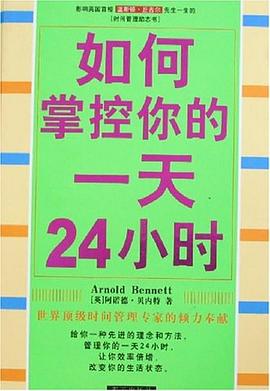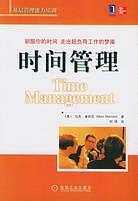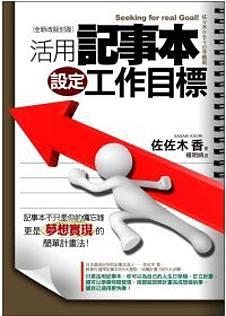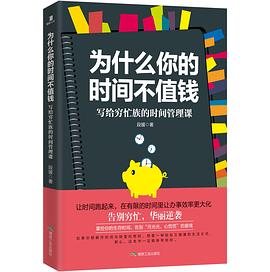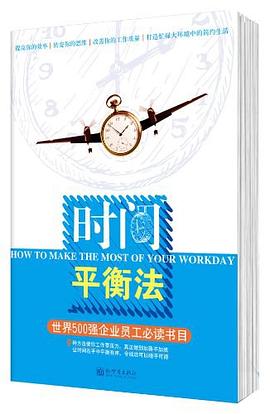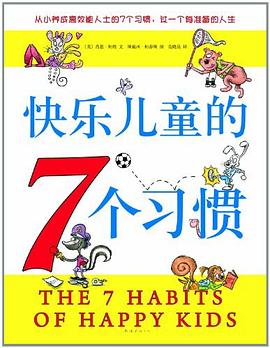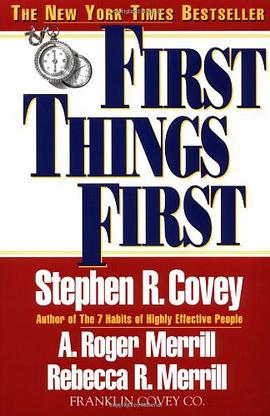

Book Description
I'm getting more done in less time, but where are the rich relationships, the inner peace, the balance, the confidence that I'm doing what matters most and doing it well?
Does this nagging question haunt you, even when you feel you are being your most efficient? If so, First Things First can help you understand why so often our first things aren't first. Rather than offering you another clock, First Things First provides you with a compass, because where you're headed is more important than how fast you're going.
Amazon.com
What are the most important things in your life? Do they get as much care, emphasis, and time as you'd like to give them? Far from the traditional "be-more-efficient" time-management book with shortcut techniques, First Things First shows you how to look at your use of time totally differently. Using this book will help you create balance between your personal and professional responsibilities by putting first things first and acting on them. Covey teaches an organizing process that helps you categorize tasks so you focus on what is important, not merely what is urgent. First you divide tasks into these quadrants:
1.Important and Urgent (crises, deadline-driven projects)
2.Important, Not Urgent (preparation, prevention, planning, relationships)
3.Urgent, Not Important (interruptions, many pressing matters)
4.Not Urgent, Not Important (trivia, time wasters)
Most people spend most of their time in quadrants 1 and 3, while quadrant 2 is where quality happens. "Doing more things faster is no substitute for doing the right things," says Covey. He points you toward the real human needs--"to live, to love, to learn, to leave a legacy"--and how to balance your time to achieve a meaningful life, not just get things done.
--Joan Price
From Publishers Weekly
This is the latest time-management book from the author of The 7 Habits of Highly Effective People.
From Library Journal
Covey ( The Seven Habits of Highly Effective People , LJ 3/15/90) and Roger and Rebecca Merrill here create a new paradigm for taking control of busy lives. Unlike the dozens of self-help books that focus on the clock or the way people spend their time, they offer a "principle-centered" approach to time management that emphasizes what "represents our vision, values, principles, mission, conscience, direction--what we feel is important and how we lead our lives." The authors argue that central to our lives are "four needs and capacities--to live, to love, to learn, to leave a legacy." The ideas here are not only clearly explained but are reinforced by scenarios from the authors' lives and self-directed activities for the reader. Introspection and self-reflection play a larger role here than in most time management books. Highly recommended for all types of collections. Previewed in Prepub Alert, LJ 5/15/93.
- Jane M. Kathman, Coll. of St. Benedict Lib., St. Joseph, Minn.
From Booklist
Time management isn't enough, say Covey and his co-authors, Roger and Rebecca Merrill. But it's an effective starting point, so first lay out your life in four quadrants labeled urgent, not urgent, important, and unimportant. That is, a task may have a deadline, but not much importance; or a task may be important, but require preparation and planning. You should stop doing what's unimportant and without urgency. Where the important and the urgent intersect is where you need to expend most of your energies. Assuming that urgency announces itself, the real question is knowing what's important, and Covey and the Merrills draw from a variety of sources to guide you toward determining just that. Much of their argument goes beyond the linear time of time management and centers on quality time; to properly prioritize and spend one's moments happily and productively, one sets goals--or principles--from which all else flows. These goals embody a perfect balance of the mental, the physical, the spiritual, and the social--that is, you need a challenging job, you need to exercise, you need a system of beliefs, and you need someone to love you. Covey, whose The Seven Habits of Highly Effective People has sold 4,000,000 copies, with the aid of the Merrills again offers common sense for those who are working like dogs and, in the bargain, living dogs' lives.
John Mort
Book Dimension :
length: (cm)21 width:(cm)14
具体描述
读后感
虽然读起来有些吃力。 不过,方法倒是很实用。 时间管理有四代之分,此为第四代时间管理。 前三代时间管理,在中国仍然有市场, 可以结合前三代的时间管理法,然后加上第四代时间管理, 可以让人生充满乐趣。 ------------------------------------------------------------...
评分说到《要事第一》就不得不回过头看作者的《高效能人士的七个习惯》。后者是把个人的全面成长,以七个“习惯”,三个成长期等的一个核心模型表现出来。因此,平衡生活、由内而外的改变是其核心思想。而《要事第一》是其后续产品,主要介绍了“第四代时间管理系统”:根据自己的...
评分 评分这本书是有点深度的,已经上升到了价值观、原则和使命的层面上来了。但恰恰最高层是最难的。我们一般不容易找到自己的价值观、原则和使命,也许假以时日,我们终究会找到,但对我来说,起码不是现在。本书重点放在了第二象限(重要不紧急),比如安排计划之类的,主要针对于我...
评分上完7 Habits的培训后,一直以为Habit 3: First thing first是关于时间管理。这次,从头到尾看了一遍,发现有被Covey这老头耍了。 First thing first其实是打着时间管理的幌子的个人管理的书。掰来掰去,还是Covey关于价值观的书。真正时间管理的部分,不到1/3就说完了。后面...
用户评价
the best book in time management
评分A great read to help you get the importance things done.
评分You know what you want, so go for it.
评分不错的一本书,给人一些新的思考方式。
评分将时间管理作为一个课题来研究,这是没什么问题的,输出的理念也没有错误,简单来说,就是做减法,不是效率高了,就觉得事情都可以完成了,而是只做重要的事情,很对。但是这么大部头就为了说一个理念,对我来说,太没有意义了。
相关图书
本站所有内容均为互联网搜索引擎提供的公开搜索信息,本站不存储任何数据与内容,任何内容与数据均与本站无关,如有需要请联系相关搜索引擎包括但不限于百度,google,bing,sogou 等
© 2025 book.wenda123.org All Rights Reserved. 图书目录大全 版权所有

